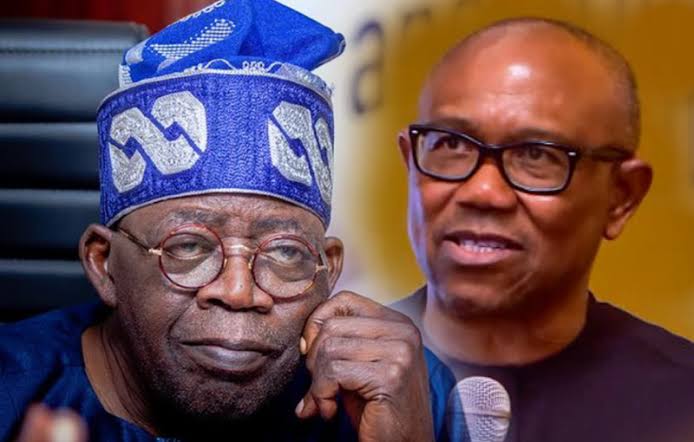Minimum wage still low as FG considers 114% Salary Increase for Tinubu, Shettima, Governors, and others
The recent decision by the Tinubu administration to grant a significant 114% salary increase to high-ranking government officials has sparked outrage and condemnation from various quarters. Former Vice Presidential candidate Peter Obi and the Socio-Economic Rights and Accountability Project (SERAP) have both taken a stand against this move, expressing their concerns over the growing income inequality in the country.
In a press statement released earlier today, SERAP announced their intention to sue the Tinubu administration over what they consider an “outrageous and illegal” salary hike. The increase affects the salaries of the President, Vice President, state governors, and lawmakers, while a staggering number of Nigerians, estimated at over 133 million, continue to live in extreme poverty.
According to reports, the salary increase comes at a time when the minimum wage in Nigeria remains relatively low, leading to further discontent among the public. The move has raised questions about the government’s priorities and its commitment to addressing the pressing issues of poverty and income inequality that persist in the country.
Peter Obi, a prominent political figure and former Vice Presidential candidate, joined the chorus of voices condemning the salary hike. In a statement issued today, Obi expressed his dismay at the decision, stating that it goes against the principles of fairness and equity. He called on the government to reconsider its priorities and focus on policies that uplift the lives of ordinary Nigerians.
As the debate surrounding the salary increase continues to unfold, the Tinubu administration faces mounting pressure to justify its decision and address the concerns raised by individuals and organizations. The outcome of the legal action initiated by SERAP will likely be closely watched as it could have far-reaching implications for the accountability and transparency of government actions.
With income inequality and poverty still prevalent in Nigeria, the public’s expectation is that the government will prioritize policies that bridge the gap between the rich and the poor, ensuring a more equitable and just society for all Nigerians.

